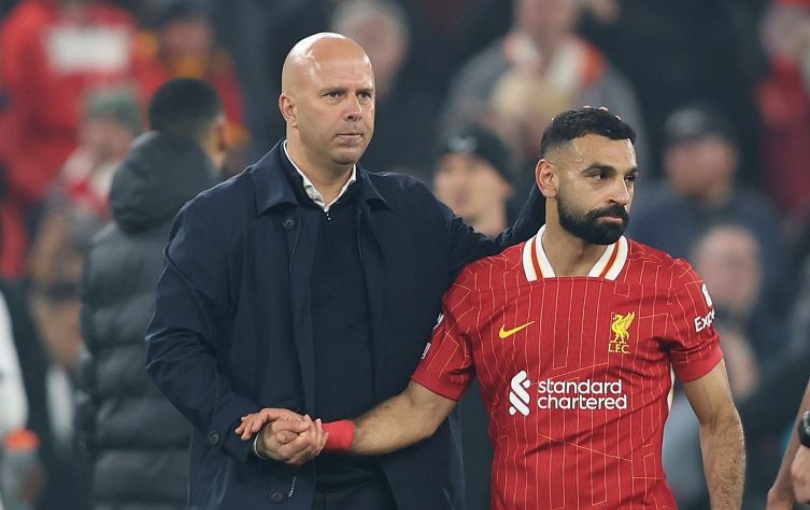Police pelted with missiles in World Cup drill
JOHANNESBURG - A screaming crowd pelted South African police with bottles and cans and threw petrol bombs on Thursday - just to make sure the riot squad is ready for trouble during June's World Cup.

The crowd of mock protesters hurled plastic bottles filled with water, drinks cans and petrol bombs from close range at a line of police sweating in the hot sun under their helmets and padded uniforms in a training exercise shown to the press.
The chanting protesters - army soldiers in civilian clothes - were so enthusiastic they broke at least one plastic police shield with missiles as the riot squad repeatedly charged to push them back outside Johannesburg's Ellis Park stadium.
Petrol bombs exploded around the police and stun and smoke grenades were thrown in an exercise intended to be as realistic as possible ahead of the World Cup, when South Africa wants to be ready for any football hooligans who beat border controls.
South Africa's police have been trained for months by crowd control experts from the French gendarmerie, whose officers watched the display.
General Herve Niel, a senior police officer from the Interior Ministry in Paris, told reporters the South Africans were following the same techniques as used in France.
"The type of simulation you have seen today is a typical example of what we will do regularly up to the eve of the World Cup. I think we are on the right path but there is still work to be done," he said.
Niel added: "We see the enthusiasm with which South Africans are resolutely working and we are really optimistic about the World Cup in terms of crowd control and public order."
Get FourFourTwo Newsletter
The best features, fun and footballing quizzes, straight to your inbox every week.
HOOLIGANS
He refused to say how the South Africans compared to French police in their readiness to deal with European hooligans, but South African police chief Bheki Cele said few of them would be able to enter this country.
Cele, whose flamboyance in a beige pin striped suit, black winkle-pickers and a cowboy hat contrasted with the reserve of Niel, said South Africa had worked with foreign security agencies and Interpol to identify trouble-makers.
"Hooligans are not coming here. We are working with all security agencies wherever they are. If they come there will be very few that have slipped in but they are not coming, don't worry," he said.
But French sources said the South Africans faced a challenge because of lack of familiarity with football hooligans.
They said the gendarmerie was concerned that South African police might rapidly move to firing rubber or real bullets in the case of serious crowd trouble, as they do frequently at protests in this country.
The French have concentrated on teaching the police how to control crowds without resorting to firearms. Cele said certain matches in the World Cup and certain teams would be watched particularly carefully because of security concerns.
He refused to give much detail but said England's opening match, against the United States on June 12 in Rustenburg, would be taken "very seriously."
South African officials have said in the past that no particular terrorist threat had been identified around the World Cup but that a risk could be created by teams that were known to be the target
